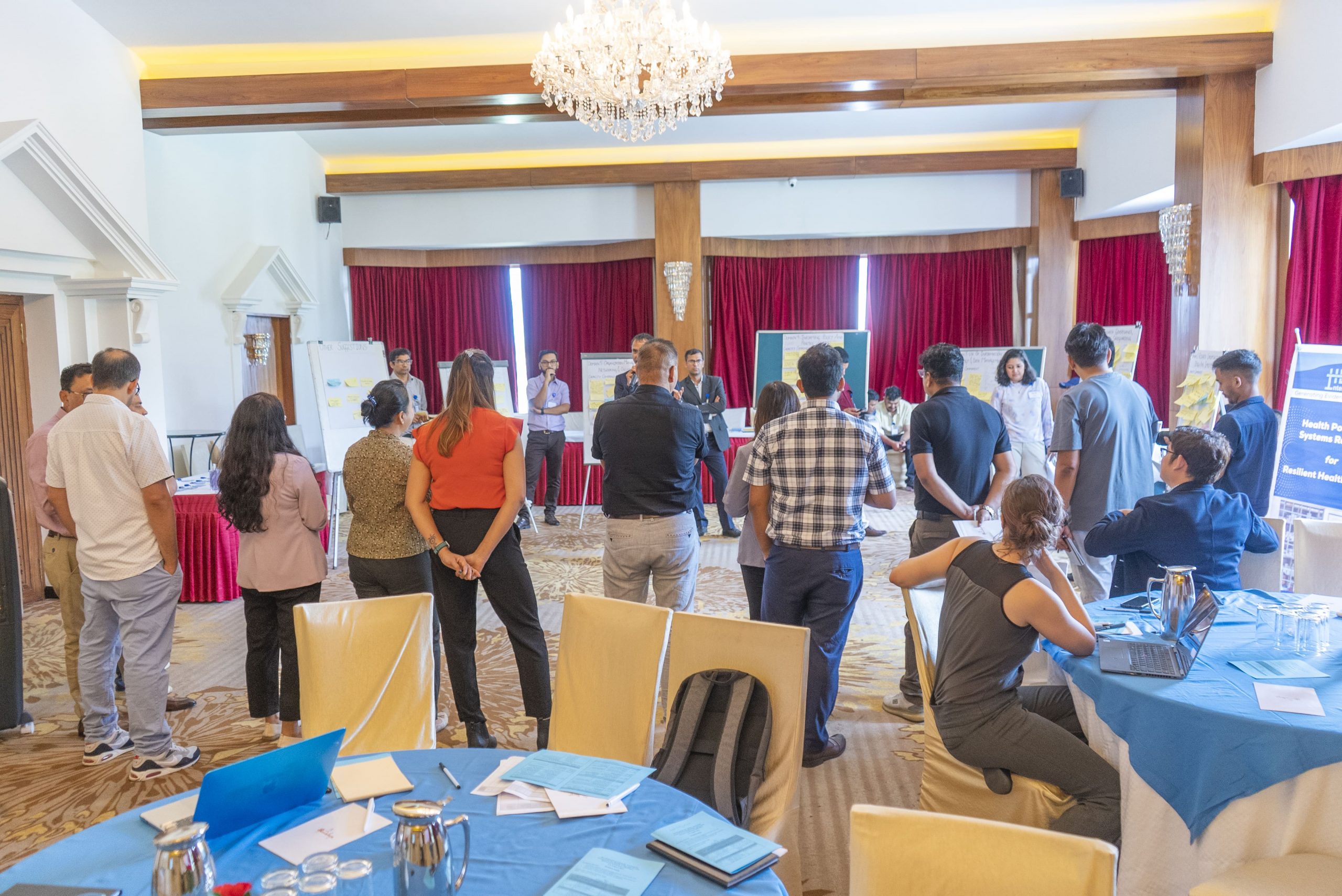Recent data shows that 93% of the Nepali population own mobile phone whereas only 84% of them have access to toilet in Nepal (Central Bureau of Statistics, 2016). So if you were in a developing context, which one would you pick? Think of people’s priorities: one family without toilet puts the whole community at risk whereas mobile phone helps to convey messages to both literate and illiterate population.
As mobile phone ownership popularity has grown over the years, it has paved way for individuals to keep on finding new and astonishing approaches to utilize mobile phones to take care of interesting issues. Take health for instance. The use of mobile technology is rapidly expanding with features ranging from sending SMS to remind patients about their appointments, to the use of application to collect data and know the scenario in the rural communities. All of these can be truly useful in improving health sector of low and middle income countries such as Nepal.
Growing up in Nepal, I witnessed many instances where the lack of organized efforts and political instability brought about risks to the health and wellbeing of people. There is a great disparity between the rich and poor: access and provision of health care to the poor is dismal and the rich get numerous benefits solely due to their social standing. My interest in public health stems from seeing all these challenges in my country and feeling a dire need to do something about them.
I was engaged in a collaborative research project initiated by Medic Mobile. As the name explains itself, this project helps to enhance early and timely antenatal care visits and increase coordination between Female Community Health Volunteers (FCHVs), health facilities and service users. It will help to increase institutional delivery which in result will bring strong correlation to maternal and new-born survival. This intervention provides the FCHVs who act as a bridge between the community and the government to use technology (mobile phones) to promote health and reach the unreached. In many rural areas of Nepal, where the communities suffer from multiple health challenges such as inadequate skilled human resource, lack of access to basic health care and lack of technology and information system, if there was an area where technology could address such problems, this had to be the one.
The main point here was to see how technology acts as powerful tool in the hands of the frontline health workers to bring about opportunity in improving maternal health in the nation. What Medic Mobile is trying to achieve is similar to what other developing nations in Africa have adapted to, the mhealth. It focuses on enhancing access where an effective tool, the mobile phone, has helped in reaching the marginalized population. Focusing to ensure that basic phones can be utilized by majority of the population so that they can have easy access to health care, rather than a fashion-trend, is important.
It will be extremely interesting to see what mhealth can achieve over the years to bring about positive changes in our country’s healthcare system.












Comments (1)
Cool savings await! Come fast to grab these charming huge savings coupons on Pure Taboo ❤️🔥 Membership Plans also, you can claim free 15 minutes on attractive vods and scenes. Pure Taboo coupon code